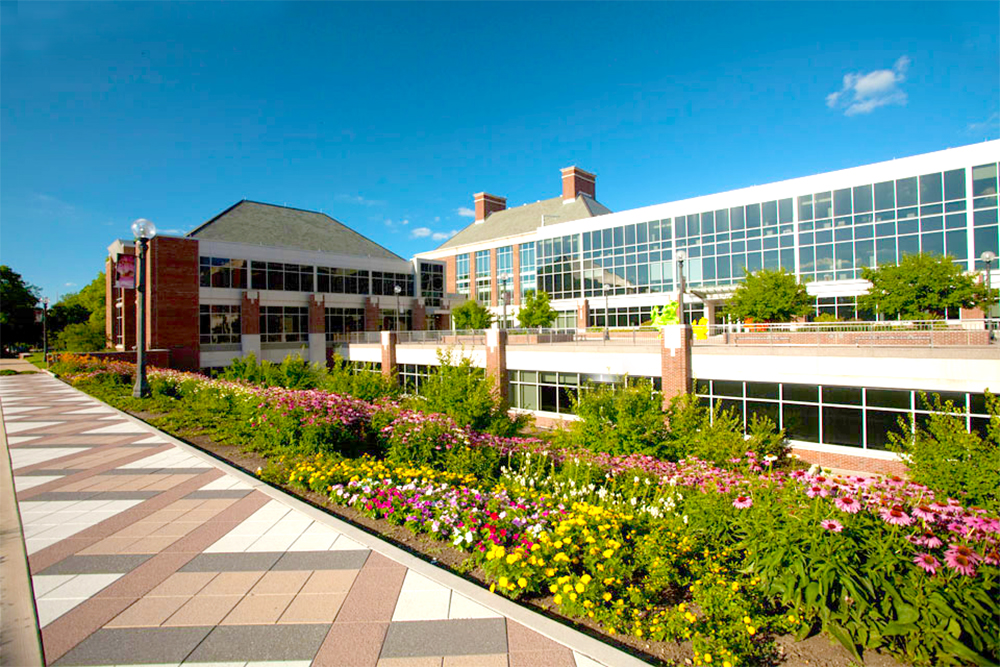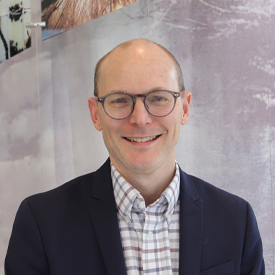The Carl R. Woese Institute for Genomic Biology is a renowned interdisciplinary institute at the University of Illinois, tackling grand challenges in fundamental and applied research with genomics and multi-disciplinary team science to address societal issues in the areas of food security, energy, health, technology, and environmental conservation.
Highly productive, multi-disciplinary teams, formed from over 40 departments in multiple colleges across the University, are the lifeblood of our innovative institute. Galvanizing a rare combination of strengths in plant, animal, microbe and human genomics, the IGB themes have made significant discoveries and developed noteworthy technological advancements.
Philanthropic opportunities to support IGB’s research and bio-economic missions include:
- Director’s Innovation Support Fund
-
This fund fuels unique multidisciplinary team-science based approach by injecting additional support for projects or areas of research where immediate benefits may be realized. The complexity of today’s global challenges requires solutions from a variety of disciplines and the ability to respond quickly to changing landscapes and unique opportunities.
- Walk of Life Paver Stones
-
Formed in a double helix, this walkway is set between the colorful “Darwin’s Playground” sculpture and the iconic Morrow Plots, the oldest agricultural experiment in the U.S. Funds generated from the Walk of Life are used to support undergraduate summer research experiences at the IGB.
- Thematic Research Support
-
Funds will be used to start a new project or purchase cutting-edge equipment to help advance the goals of an existing IGB theme.
- Engagement & Outreach Fund
-
Supporting IGB’s public engagement and outreach activities, audiences of which include K-12 students, teachers, professionals, lifelong learners, and the general public through workshops, museum exhibits, curriculum development, presentations, camps, seminars, online courses, and special symposia.
- IGB Fellows Program
-
Exceptional young scholars at the forefront of their fields and who have completed their PhD within the past several years are extended fellowships at the IGB to align their research with one or more existing IGB themes, and who will also take on highly visible roles at various IGB public engagements.
- IGB Graduate Fellowships
-
Recruiting and sustaining a pipeline of talented scientists is essential for ensuring that the institute’s cutting-edge research will continue to produce significant, life-changing breakthroughs. Funds can be contributed to support a graduate student conducting research in any of our thematic research areas.
- IGB Undergraduate Research Scholarships
-
IGB offers scholarships for University of Illinois undergraduate students to pursue individual research interests at the institute during the summer. Scholars are encouraged to continue research positions at the IGB during the academic year.


